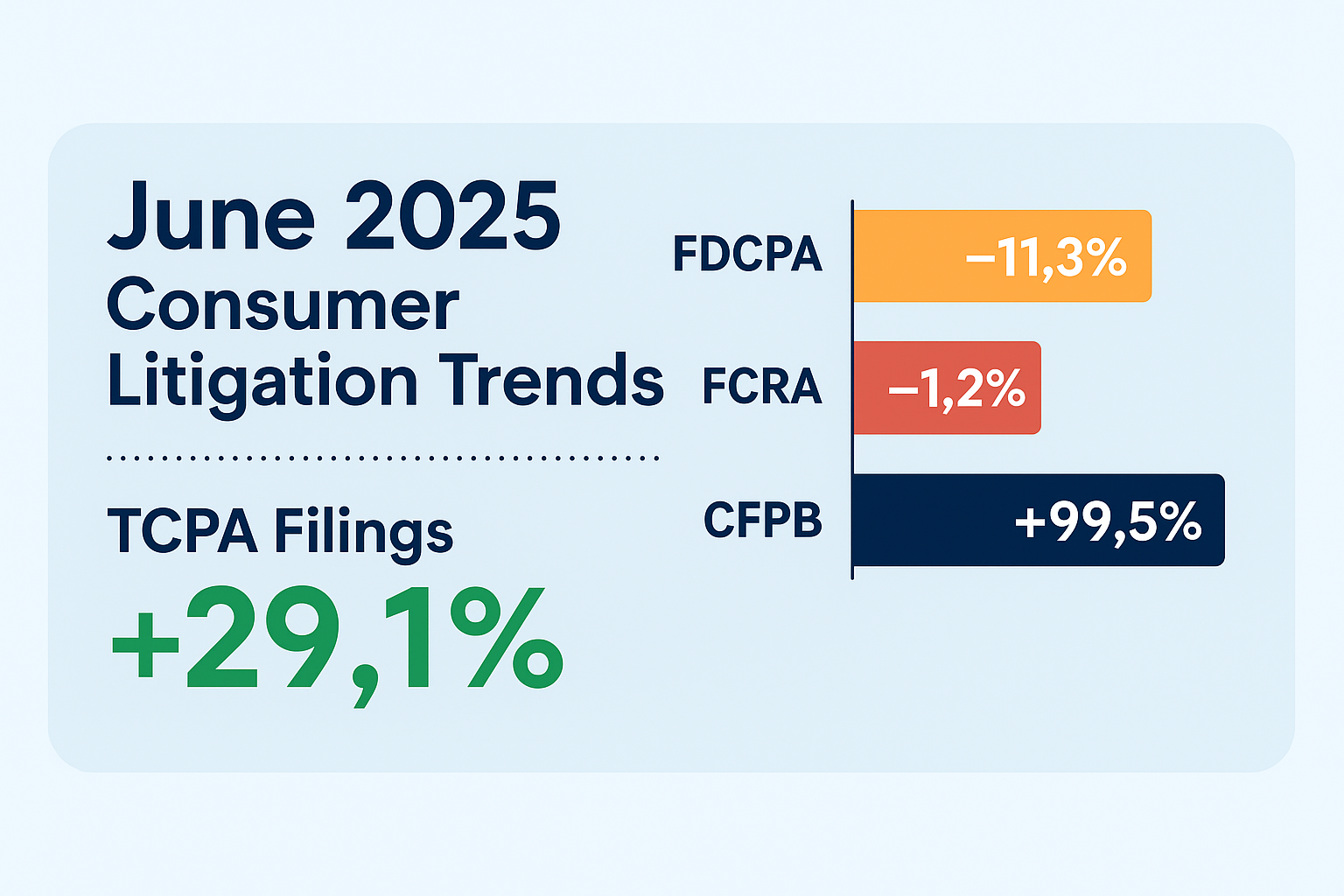The Telephone Consumer Protection Act (TCPA) is a critical piece of legislation designed to protect consumers from unwanted telemarketing calls. However, for businesses, navigating TCPA compliance can be a minefield. One misstep can lead to costly class action lawsuits that not only drain resources but also damage your brand’s reputation.
Class action lawsuits under the TCPA are on the rise, with plaintiffs’ attorneys actively seeking out businesses that fail to comply with the law. These lawsuits can result in substantial financial penalties, often reaching into the millions of dollars. For many businesses, this represents an existential threat, particularly for those that rely heavily on telemarketing and outbound calling as part of their sales strategy.
The key to avoiding these pitfalls lies in understanding and implementing robust TCPA compliance measures. This begins with ensuring that your dialing systems are fully compliant with the latest TCPA regulations. This includes using dialing systems that do not qualify as autodialers under the current legal definition, as well as obtaining explicit, prior express consent from consumers before making any telemarketing calls.
Another critical aspect of TCPA compliance is record-keeping. Businesses must maintain detailed records of consumer consent, including the time and date consent was obtained, the method used to obtain it, and any subsequent communications with the consumer. This documentation can be crucial in defending against TCPA lawsuits, as it provides evidence that the business has acted in good faith and in compliance with the law.
It’s also important to regularly review and update your compliance practices. The TCPA is an evolving area of law, with new regulations and court rulings continuously shaping the legal landscape. Businesses must stay informed of these changes and adjust their practices accordingly to avoid falling afoul of the law.
Finally, businesses should consider implementing a robust training program for their employees, particularly those involved in telemarketing and outbound calling. Employees must be fully aware of the TCPA’s requirements and the potential consequences of non-compliance. By equipping employees with the knowledge and tools they need to comply with the TCPA, businesses can reduce the risk of costly lawsuits and protect their brand’s reputation.
You can avoid TCPA compliance pitfalls but it requires a proactive approach that includes understanding the law, implementing robust compliance measures, and regularly reviewing and updating practices. By doing so, businesses can protect themselves from the financial and reputational damage that can result from class action lawsuits.



